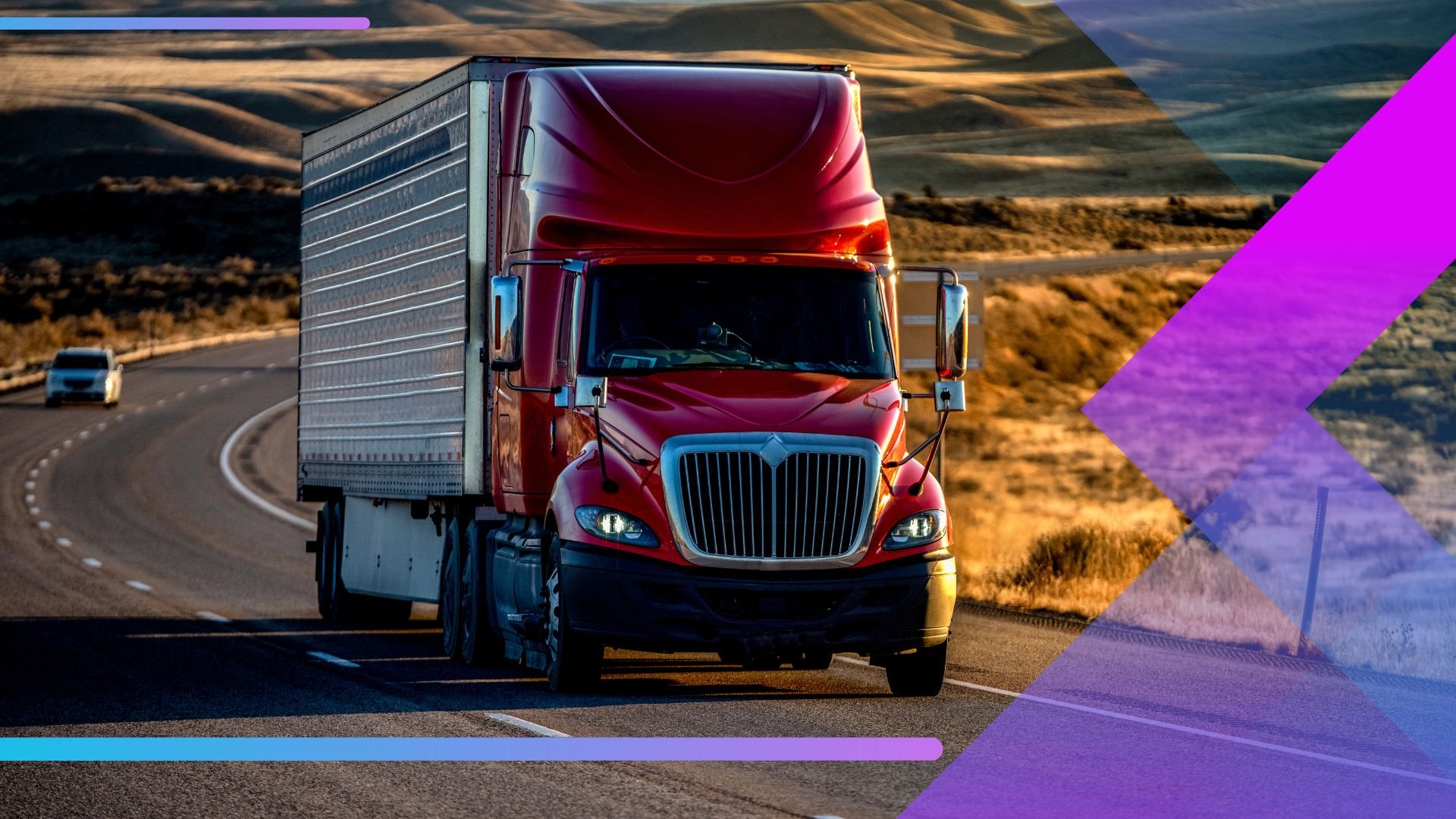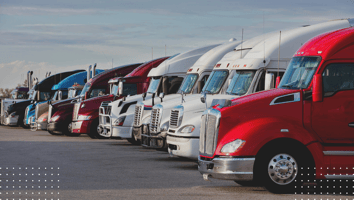Don't think, just click. The pandemic is over, but the e-commerce industry continues to grow,...
How AI Technology Could Change Trucking
Truck driving is a tough, often dangerous job. With the right technology however, long hours and stress can be much easier to handle. In recent years, we have seen the rise of technology aimed at making trucking safer and more efficient. With the rise of artificial intelligence (AI) technology, there's a question of how it is affecting our industry. The effects of AI technology on the trucking industry are varied and can include increased safety and efficiency, but also potential job loss. Bottom line is, AI is shaping the future of trucking; but will it be a disaster or an opportunity?

The world of trucking is in a state of flux. New AI technology mimics human capabilities and allows for advancements, but at a cost. We are noticing self driving trucks, monitoring systems and even safety enhancements which are made possible through technology. The introduction of self-driving trucks are causing anxiety among key industry players, while the potential benefit of these technologies seems promising. As driverless technologies are becoming more common, it's not clear what role truck drivers will play. What will the future of trucking look like? An examination of how AI technology is impacting trucking allows us a look into the coming future and the changes we may see in years to come. Here are a few key ways we may see AI technology impact the trucking industry:
Safety Enhancements
With AI technology having the capability to anticipate or predict potential issues early, and alert a driver, truckers can potentially have enough time to stop their vehicle or avoid an accident. This would be a significant step forward in safety practices for the industry. The technology can give truckers more time to react to developments, as well as inform drivers of any errors that are taking place on their part.
Technology can also work on automating certain tasks such as speed or even braking, which could become useful in emergency scenarios. If we were to apply AI technology even further, there is also the capability to detect unsafe driving behaviors and give the driver prompts to adjust their behavior in order to remain safe. Issues such as safe lane change or speeding can be alerted to through the technology, allowing safety and peace of mind for the driver.
Insights Into Potential Improvements
We’ve already heard of dash cams being used or proposed in trucking, and while there are mixed reactions, there is a reason behind the technology. While watching drivers may be an invasion of privacy and not necessarily our favorite solution to the hazards of the road, trucking companies may benefit from using the technology to monitor general driver behaviors, and measure for errors or issues which may need fixing. This data can be later used to help coach or train drivers on better safety practices. However, these means should be used in limited capacity, as most truck drivers do not need their privacy invaded or somebody watching over their shoulder. Putting trust into your drivers and giving them autonomy is more likely to provide positive results, more so than any new technology.
Self Driving Trucks
The development of self driving trucks has been long in the making, however this is still a relatively new technological advancement which may take years to fully become part of the trucking industry norm. Trucks operate a lot of the time on highways, making it a key potential industry to implement self driving technology, which can allow for more efficient trucking in the future. However, nothing replaces the skill and judgement of an actual truck driver. Trucks inevitably have to pass through urban areas, and these can be congested and filled with obstacles, which creates a need for human drivers in these dense areas.
There have been valid arguments made that introduction of these technologies may lead to eventual job loss, as self driving trucks will no longer require drivers. However, due to the landscape of urban areas, these self driving trucks likely will only be able to go to the ports or hubs, at least safely, which may allow for last mile drivers to fill in on industrial or urban roads.
Efficiency
Technology can positively be used to detect areas where aerodynamics and fuel efficiency could see improvements. Any issues which may be causing a truck to perform out of its optimal state can be detected using technology, and reduce costs spent in fuel. Technology can provide reports on any idling and fuel monitoring solutions, to better analyze where fuel may be wasted. This may further increase in the future with self driving trucks, but for now it is a good area of development for technology to be able to contribute to saving fuel and money for truckers
Improving The Paperwork Process
A dreaded part of the industry is the amount of paperwork and documentation involved, especially in cross border transport. With the use of technology, tracking and document gathering can be simplified and made more efficient. We have seen Zipments apply AI technology in generating tariff codes for commercial or customs invoices, which saves both time and effort. This technology has allowed for streamlined shipping and document processing, which is changing the way the traditional paperwork process has played out in the past.
Drivers are also able to better track their clearance in real time, and with technological developments, it will become even simpler to compile and carry all required documentation, avoiding any delays. Taking it a step further, technology can improve the load to driver matching, using analytics, in order to improve accuracy and logistics efficiency.
As the world evolves, information technology is becoming an indispensable part of our daily lives. There are a lot of questions to be answered, and still adjustments to be made to the new tech. Effects of AI technologies on the trucking industry are varied, but one thing is for sure: it will be a disruptive event.

-1.png?height=200&name=Green%20Gold%20Contemporary%20%26%20Classy%20Traditional%20Graduation%20Classy%20Banner%20(2)-1.png)
.jpg?height=200&name=Grey%20Modern%20Professional%20Business%20Project%20Presentation%20(1).jpg)
